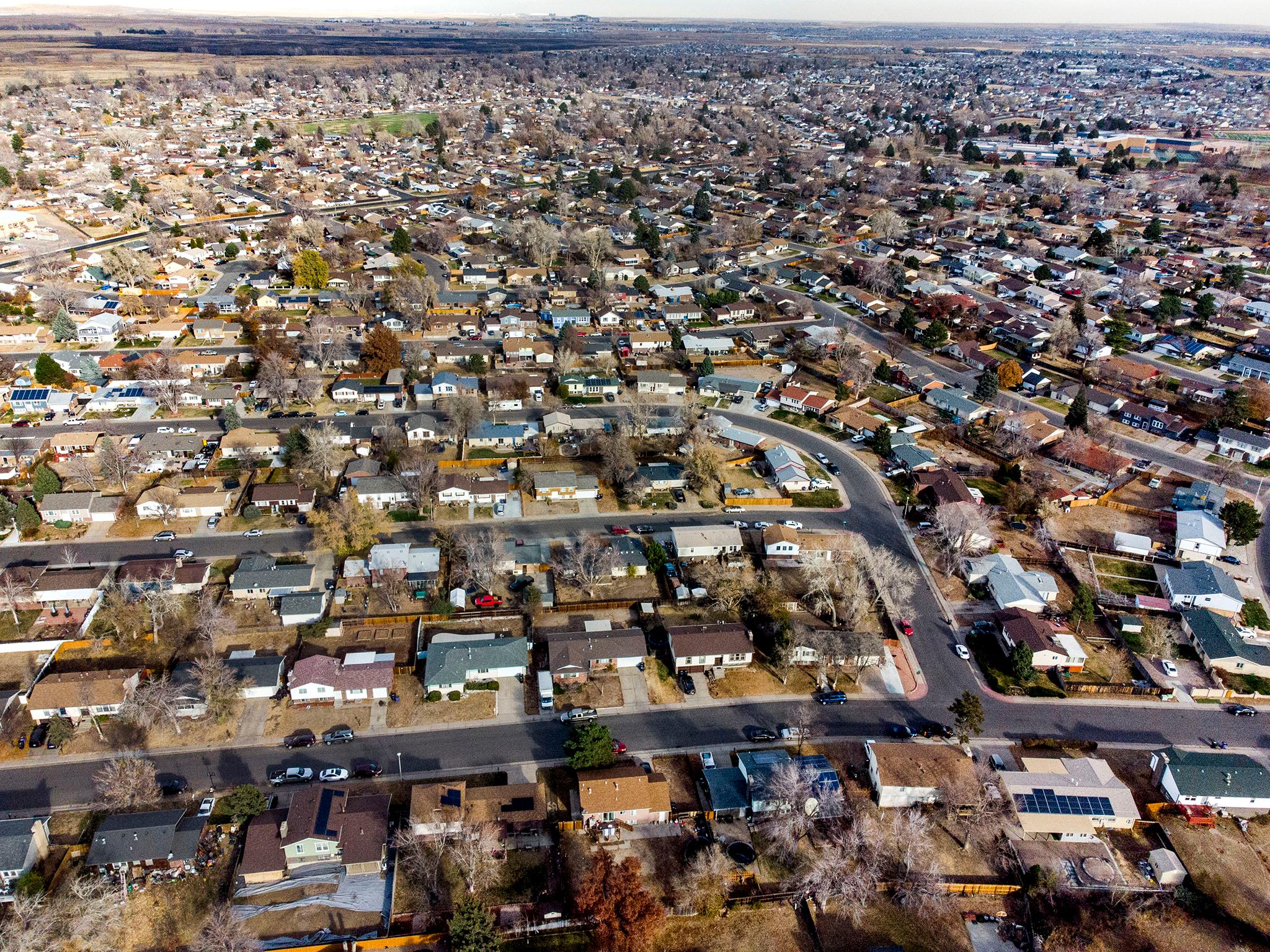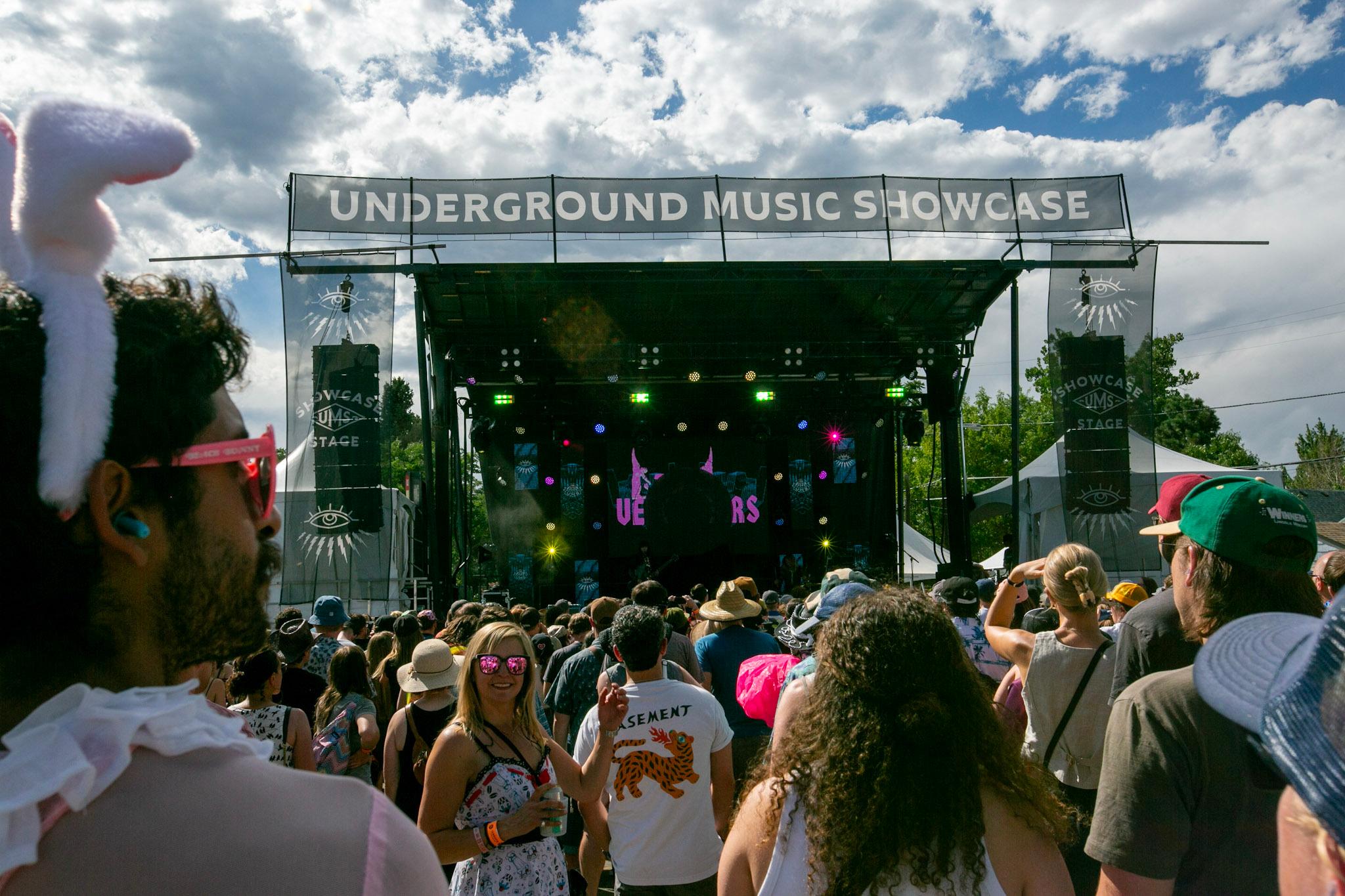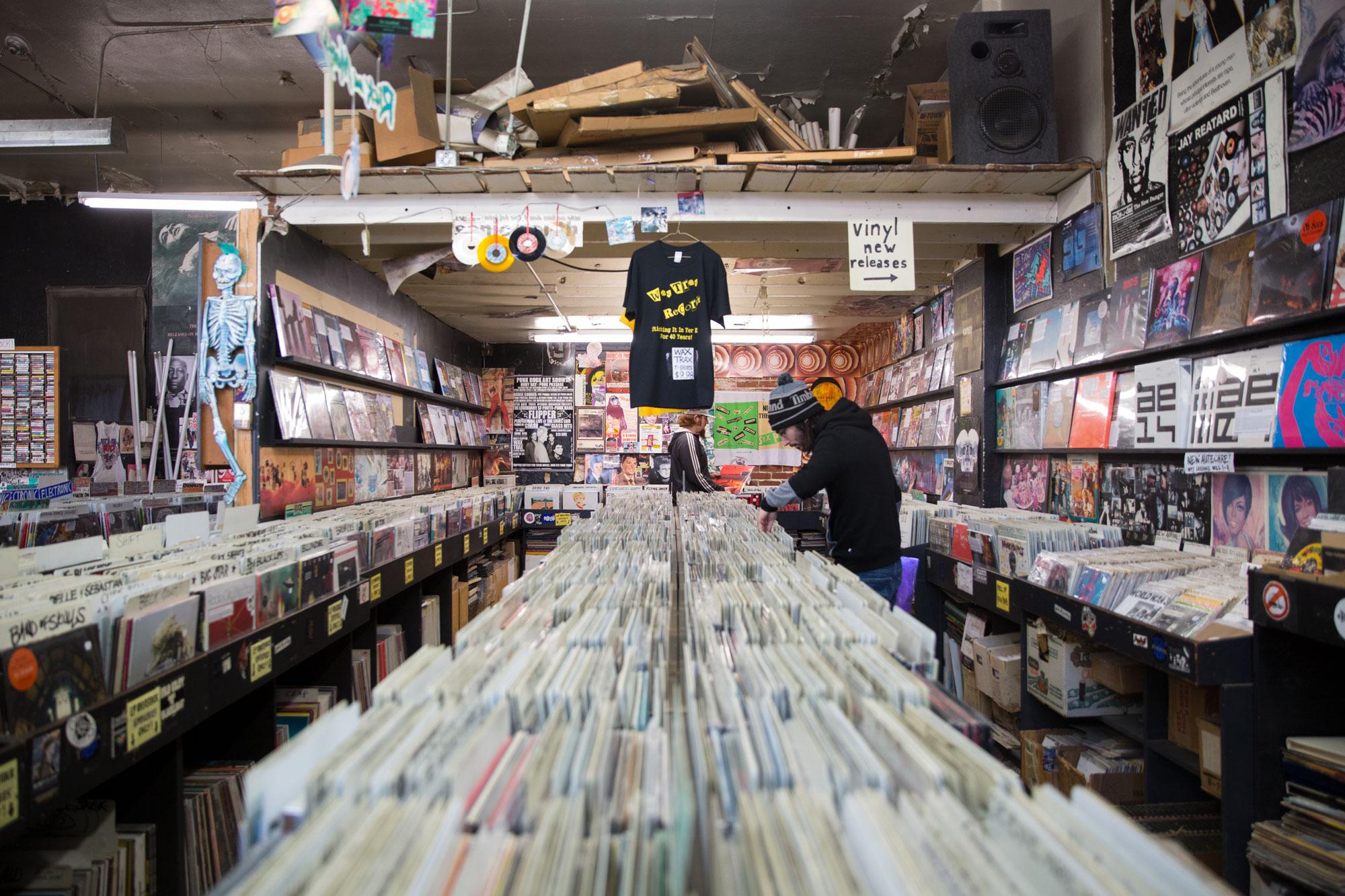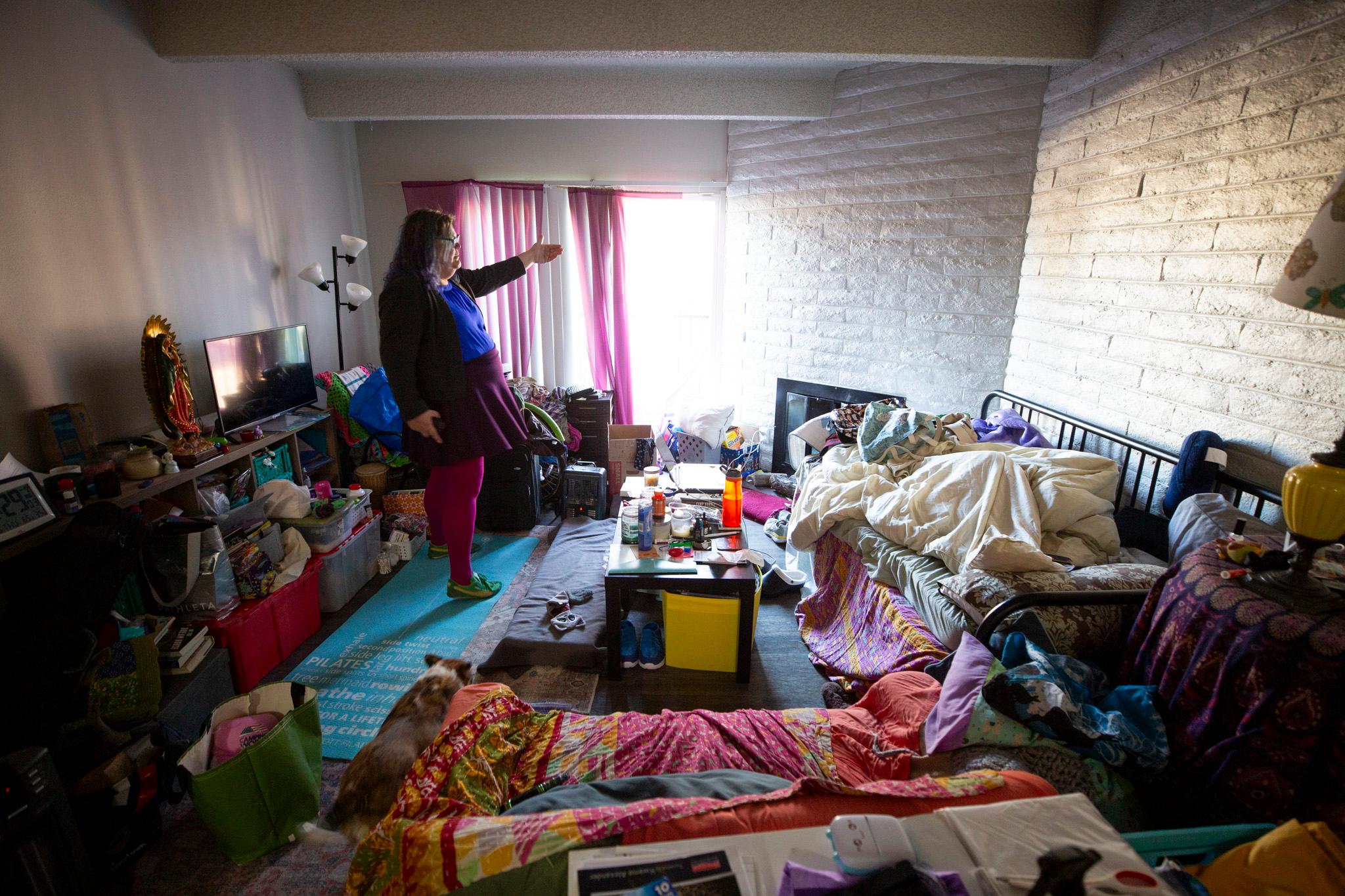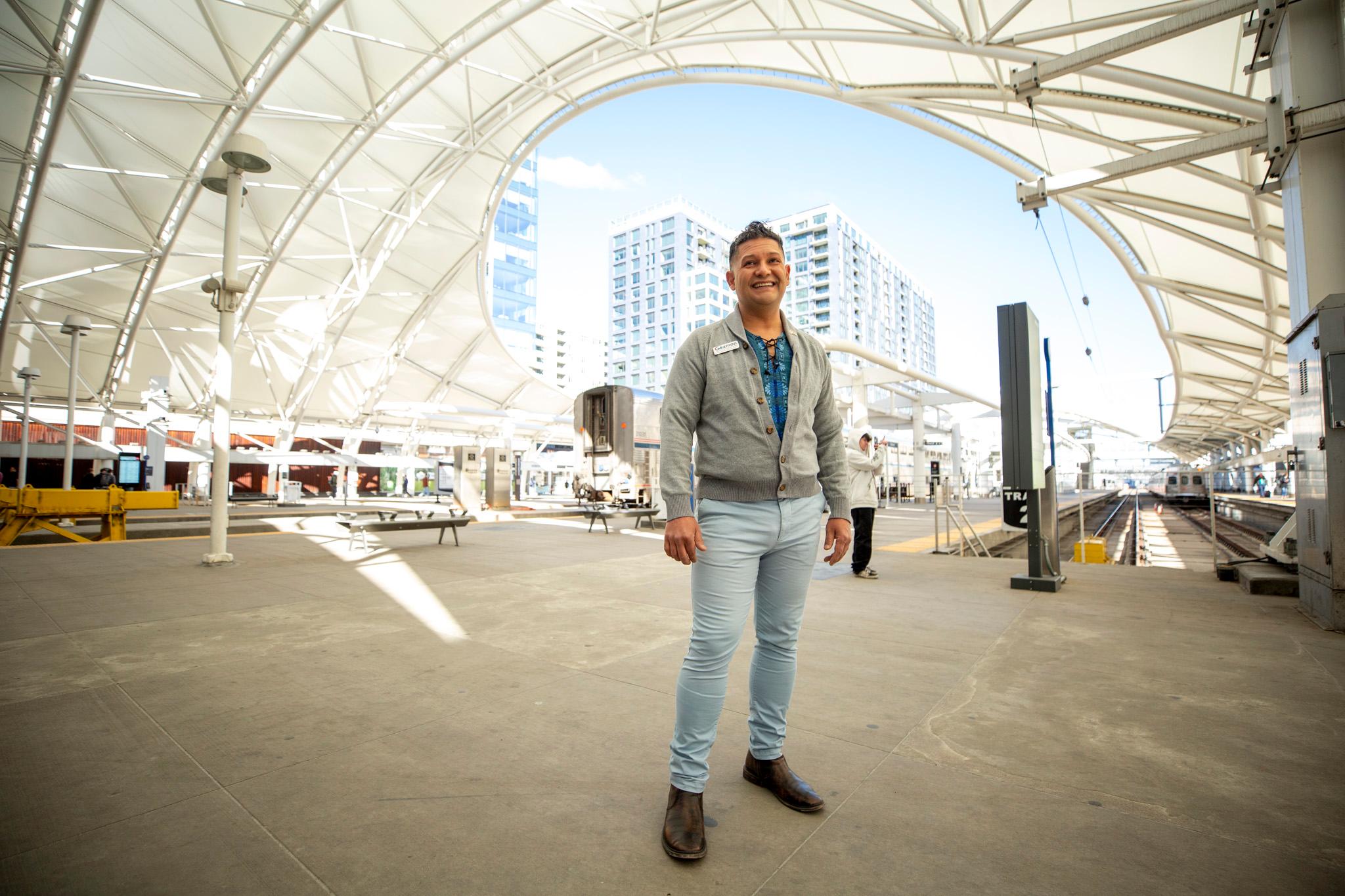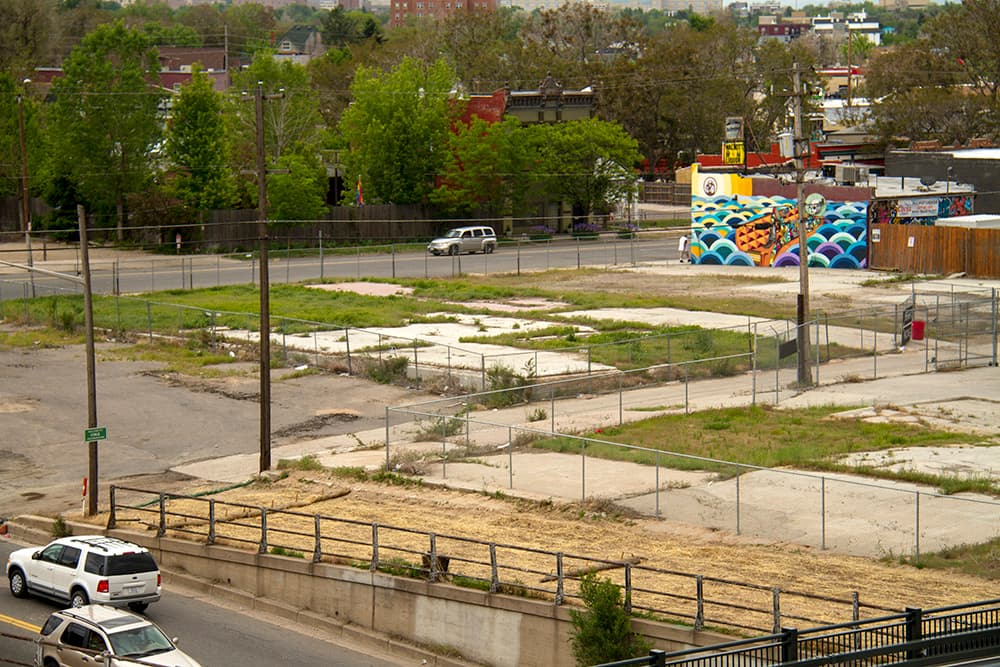
Earlier this week, we laid out the details of a new urban center that could rise around 38th and Blake, the transit station at the edge of the River North district.
Now, a second developer has confirmed its interest in going tall near the transit station. It's an early sign that the city's unusual new plan for density and affordable housing in the area is attracting builders and money.
McWhinney, a prominent Colorado firm, plans a mixed-use building that could rise to 16 stories at 1420 E. 38th St.
"We know that we’re anticipating 16 stories. We do know that it's going to be mixed-use with commercial on the ground floor," said Keo Frazier, vice president of marketing for the builder.
The tower could support affordable housing units nearby. It's a new thing.
Frazier wasn't ready to say what exactly will fill those 16 floors, but we do know that the developer would have to build or pay for affordable housing units to reach such a height.
Currently, McWhinney's chosen site is only zoned for an eight-story building. To build 16 floors, they'll need to participate in a city proposal that creates an "affordability incentive" near 38th and Blake. The higher the building, the more the developer has to contribute to affordable housing.
"For McWhinney to go from eight to 16 stories, those additional eight stories carry with it a requirement to provide 10 percent affordability," said Mark Marshall, director of real estate for the Urban Land Conservancy, a nonprofit that buys land and builds affordable housing.
Normally, developers would pay money into a city-wide fund that supports affordable housing. Not in this case. Under the current city proposal for 38th and Blake, that affordability has to happen within the area. It's a way to ensure that the new urban center has some affordable housing.
The city's incentive rules for the area haven't been approved by the city yet, but it could happen soon.
In fact, the money could go right next door.
ULC owns the site where McWhinney wants to build. They're currently in negotiations to sell the land, according to ULC.
As part of the potential sale, ULC says it wants McWhinney to contribute $1.5 to $2 million to one of ULC's affordable projects -- Walnut Street Lofts, a five-story, 65-unit residential building that will stand at 38th and Walnut.
The extra money would result in lower rents at the ULC building, which is being developed by the company Medici.
Without the dollars, the property will be affordable to people who make 60 percent of area median income (AMI), Marshall said. That's about $50,000 for a family of four. But if McWhinney does pay up, the affordable building could then serve people who make as little as 30 percent of AMI, or about $25,000 for a family of four.
"The more funding that we can get toward the development, the more equity into the deal and less debt money — that allows us to reduce our construction costs. If we can reduce our construction cost ... that has a direct impact on what our mortgage is," Marshall said. The affordable project is expected to cost about $20 million.
It is unclear why McWhinney would choose to specifically give the money to ULC. It could be part of the land deal. Both parties declined to comment on the specifics.
Frazier, of McWhinney, said the proposed height and affordability rules are "very important to the development of the project," but she declined to comment on the specifics of the deal, including the potential payment to the ULC development.
ULC staff stressed that the entire deal depends on whether or not Denver City Council approves the height-incentive package for the area. It will consider the proposal in February.
Another one in the works:
The World Trade Center Denver project plans to go for 14 or 15 floors near 38th and Blake. If construction starts next April, it could be done early in 2020, according to Karen Gerwitz, president of the eponymous nonprofit.
We don't know yet how WTC Denver plans to meet the affordability targets.

